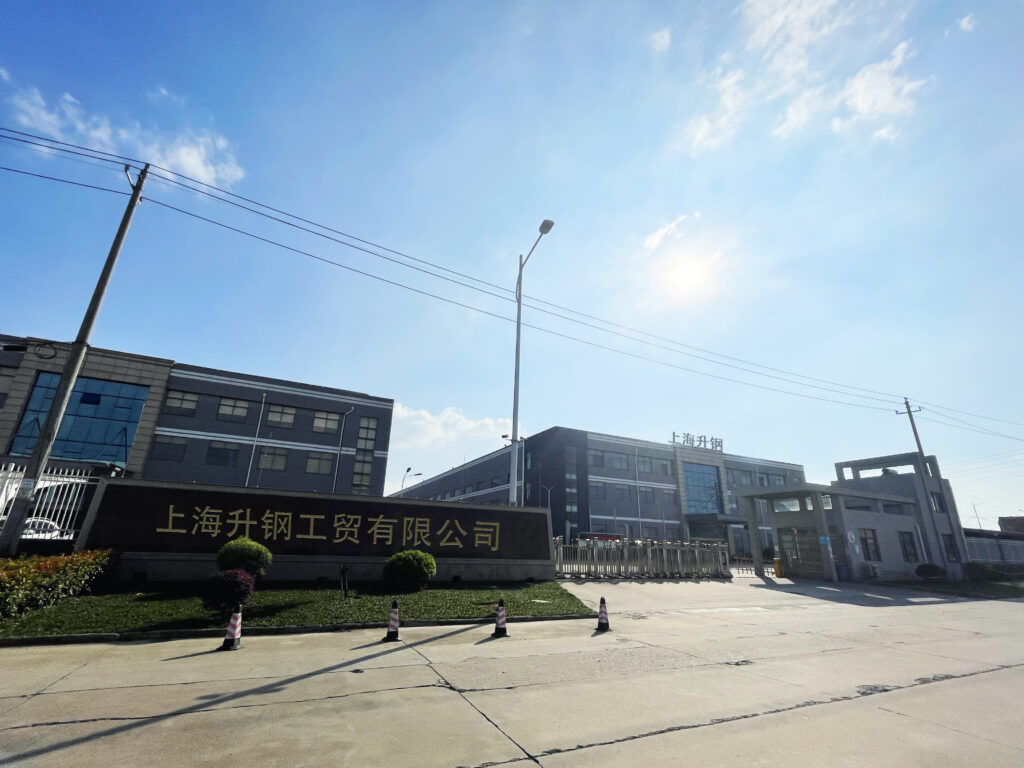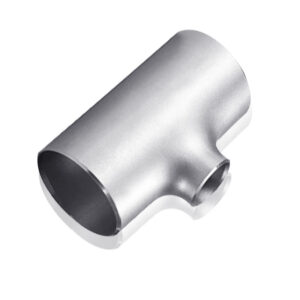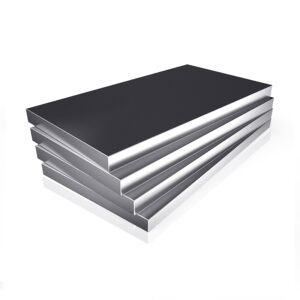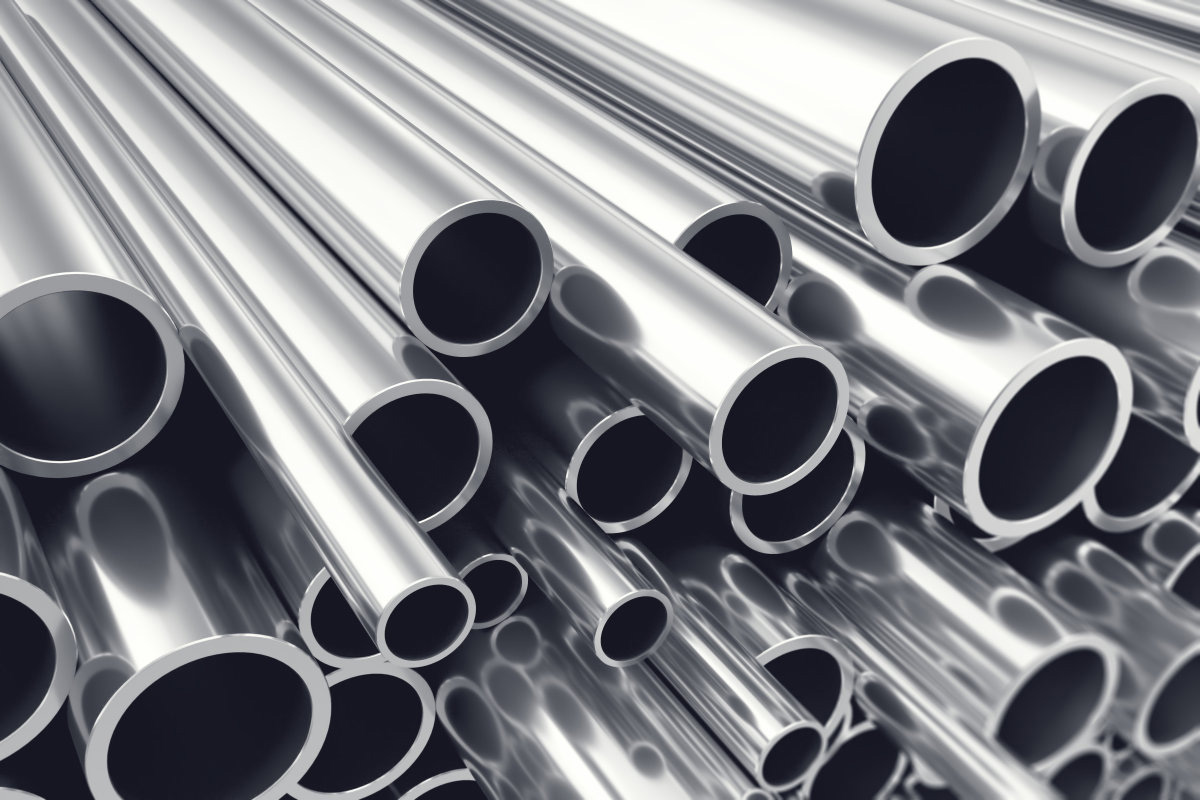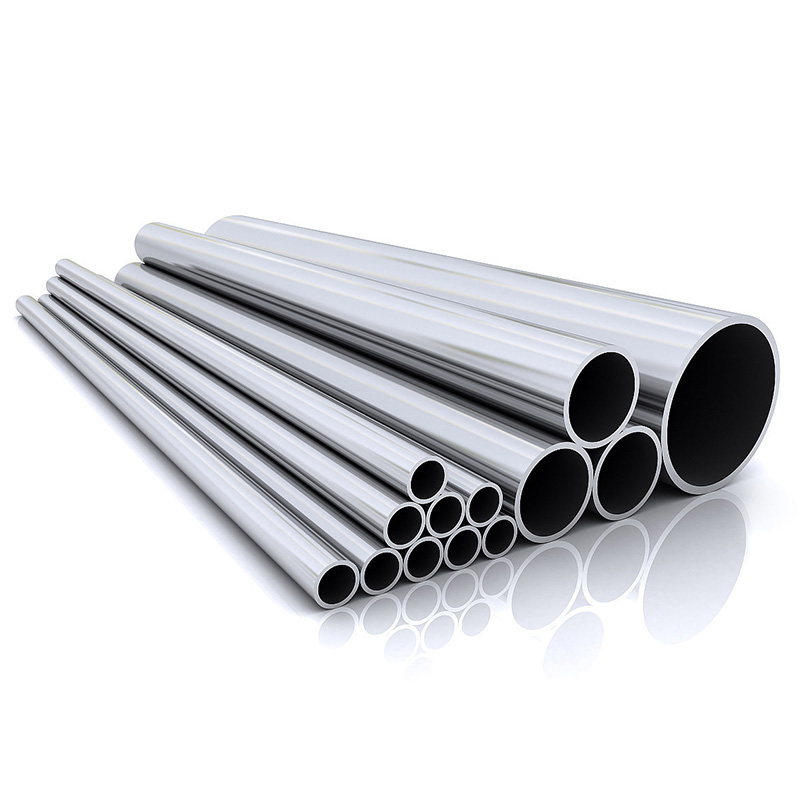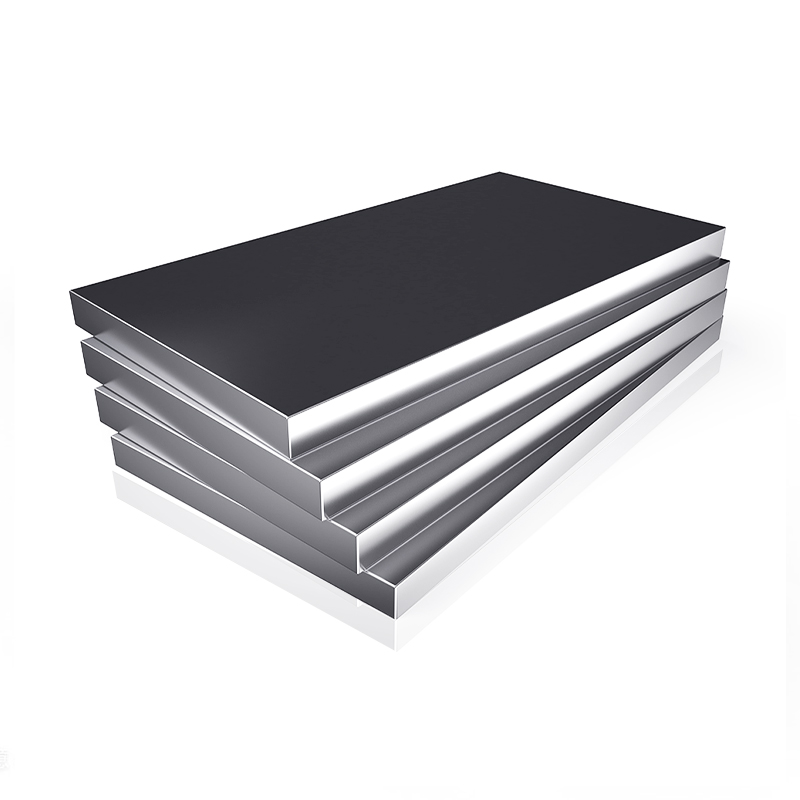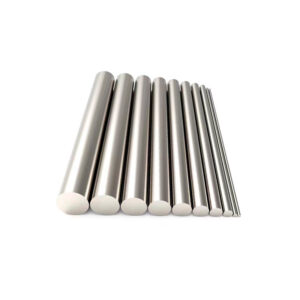
Inconel 713C / UNS N07713
Inconel 713C alloy is a γ ‘phase precipitation reinforced nickel base cast superalloy. Due to its good comprehensive properties, the alloy is widely used in various industrial fields, especially in aerospace, Marine, automotive, petrochemical and so on.
Inconel 713C alloy Description:
Inconel 713C (Alloy 713C, N06625) is a precipitation-hardened nickel-chromium base casting alloy. It has excellent strength properties up to 1800(980). The alloy has good castability and excellent oxidation resistance and thermal fatigue. Its high temperature strength and ductility make the alloy suitable for use as blade material and primary blades for jet aircraft, guide blades for industrial turbines, forging dies and extrusion dies.
CHEMICAL COMPOSITION OF INCONEL 713C:
Carbon 0.20
Manganese 1.0 max
Sulfur 0.015 max
Silicon 1.0 max
Chromium 11.0-14.0
Molybdenum 3.5-5.5
Titanium 0.25-1.25
Aluminum 5.5-6.5
Iron 5.0 max
Columbium + Ta 1.0-3.0
Nickel remainder
Inconel 713C Powder Applications:
Forging
Inconel 713C (Alloy 713C, N06625) is in fact a cast alloy and is not easy to forge, due largely to the preponderance of precipitation elements that must be put into solution prior to forging. On the one hand high temperatures are required to affect this solution and on the other hand the finish forging temperature in itself must be fairly high. We must not forget the high-temperature strength of this alloy, and even with its good high-temperature ductility the hot working process will be difficult. The alloy may be forged between around 2200/1900 (1205/1040).
Heat Treatment
Inconel 713C Powder is normally used in the as-cast condition, but an improvement in the 1700/1900 (925/1040) stress rupture life may be obtained by a solution treatment for 2 hours at 2150 (1175) followed by air cooling. Material under this condition, being tested under stress at 1350 (730) showed a marked decrease in rupture life and ductility. A stabilizing treatment, however, at 1700 (925) for 16 hours, followed by air cooling, restores the 1350 properties as well as maintaining the high temperature properties. Precipitation treatment is best carried out between 1470/1650 (800/900).
Machinability
Inconel 713C Powder has a very high rate of work hardening and as such is very difficult to machine. Tools must of course be very sharp and equipment extremely rigid. It is best to put this work in the hands of those most familiar with it. It has been suggested that final machining be done following precipitation treatment.
Weldability
The grade is not weldable according to normal definition, but some success has been noted when welding 713C to other more weldable metals, or matched welds in light sections under little stress. Hastelloy W or Inconel filler metal 92 may be used in the gas tungsten arc process.
Form








